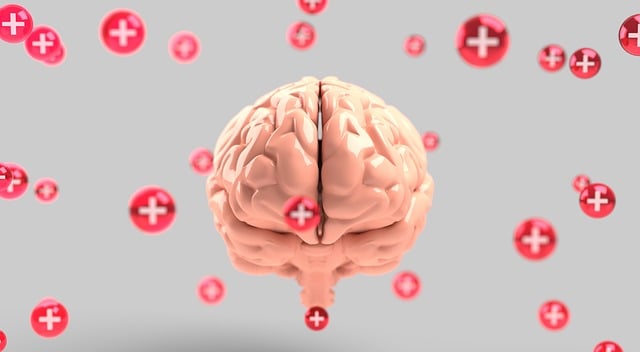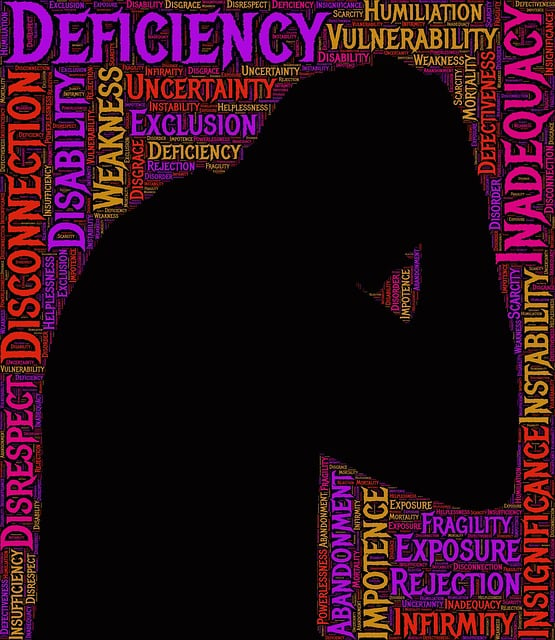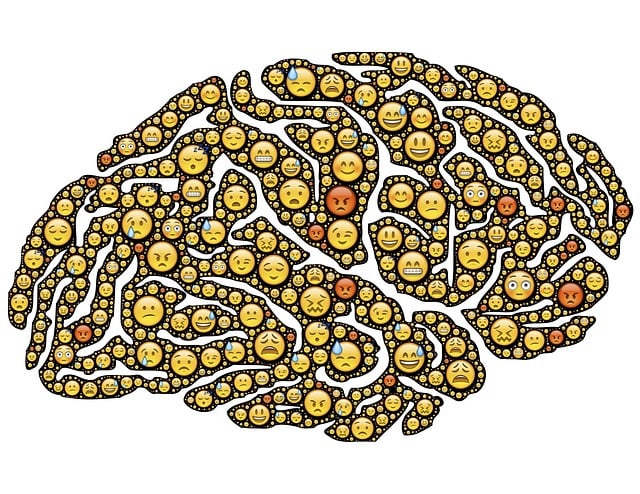Media portrayal significantly shapes societal perceptions of mental health. Positive depictions through techniques like Boulder Self-Esteem Therapy encourage viewers to seek support and reduce stigma. Compassion cultivation practices, promoted through targeted narratives, foster a culture prioritizing mental well-being. Involving individuals with lived experiences in content creation ensures authentic storytelling, avoiding stereotypes. Collaborating with mental health professionals, like those offering Boulder Self-Esteem Therapy, ensures accuracy and provides guidance. Promoting self-care routines within media narratives empowers viewers to prioritize their overall wellness.
In today’s media landscape, the representation of mental illness plays a pivotal role in shaping societal perceptions. This article explores how inaccurate portrayals can impact mental health while offering a solution through Boulder Self-Esteem Therapy. We delve into the profound effects of media on mental well-being and uncover strategies to promote accurate, compassionate, and empowering depictions. By challenging stereotypes, we aim to foster a more understanding and supportive environment for those facing mental health struggles, with a focus on the transformative power of Boulder Self-Esteem Therapy.
- Understanding the Impact of Media Portrayal on Mental Health
- The Role of Boulder Self-Esteem Therapy in Challenging Stereotypes
- Strategies for Promoting Accurate and Compassionate Media Representation
Understanding the Impact of Media Portrayal on Mental Health

Media portrayal plays a significant role in shaping societal perceptions and understanding of mental health issues. The way mental illnesses are depicted in movies, TV shows, news media, and social platforms can influence public opinion, often perpetuating stereotypes or, conversely, promoting awareness and empathy. For instance, positive representations of individuals managing conditions like anxiety or depression through Boulder Self-Esteem Therapy techniques can encourage viewers to seek support.
Compassion cultivation practices, a key aspect of some therapeutic approaches, have been shown to reduce symptoms of depression and burnout. By presenting such strategies in media narratives, especially those targeting young audiences, we can foster a culture that prioritizes mental well-being. Moreover, portraying diverse characters struggling with various mental health challenges can help destigmatize these issues, encouraging open conversations and promoting effective burnout prevention strategies for healthcare providers.
The Role of Boulder Self-Esteem Therapy in Challenging Stereotypes

Boulder Self-Esteem Therapy plays a pivotal role in challenging stereotypes surrounding mental illness, particularly depression. Through its focus on building self-worth, this therapeutic approach empowers individuals to confront and dispel negative perceptions often associated with seeking help for their mental health. By fostering a sense of confidence and resilience, it encourages people to embrace open conversations about their experiences, thereby reducing the stigma that often surrounds mental illness.
This therapy goes beyond individual healing by promoting broader Mental Health Policy Analysis and Advocacy. By encouraging honest dialogue and raising awareness, it contributes to shaping more inclusive and supportive communities. Additionally, its effectiveness in Depression Prevention is evident as it equips individuals with coping mechanisms, enabling them to manage stress and maintain good mental health proactively. Organizations offering Stress Management Workshops can benefit from integrating these self-esteem building techniques into their programs, ultimately enhancing the overall well-being of their participants.
Strategies for Promoting Accurate and Compassionate Media Representation

Media representation plays a pivotal role in shaping societal perceptions and understanding of mental health. To foster a more accurate and compassionate narrative, several strategies can be employed. One effective approach is to involve individuals with lived experiences—those who have personally navigated mental illness—in the creation and consultation process. Their unique insights ensure that stories are told authentically, avoiding stereotypes and promoting empathy. Additionally, media outlets can collaborate with mental health professionals like those offering Boulder Self-Esteem Therapy to verify the accuracy of content and provide guidance on sensitive topics.
Fostering emotional intelligence through open dialogue is another key strategy. Encouraging discussions about mental health in various media formats allows for a better understanding of the complexities involved. Implementing communication strategies that prioritize active listening and respectful language can significantly impact public perception. Moreover, promoting self-care routine development within these narratives can empower viewers to take charge of their own well-being, emphasizing that mental health is an integral part of overall wellness.
Mental illness representation in media significantly influences public perception, which makes it crucial to challenge stereotypes. By utilizing evidence-based approaches like Boulder Self-Esteem Therapy, we can foster more accurate and compassionate portrayals. Implementing strategic initiatives that promote diverse narratives ensures a more nuanced understanding of mental health, ultimately reducing stigma and enhancing support for those facing these challenges.












